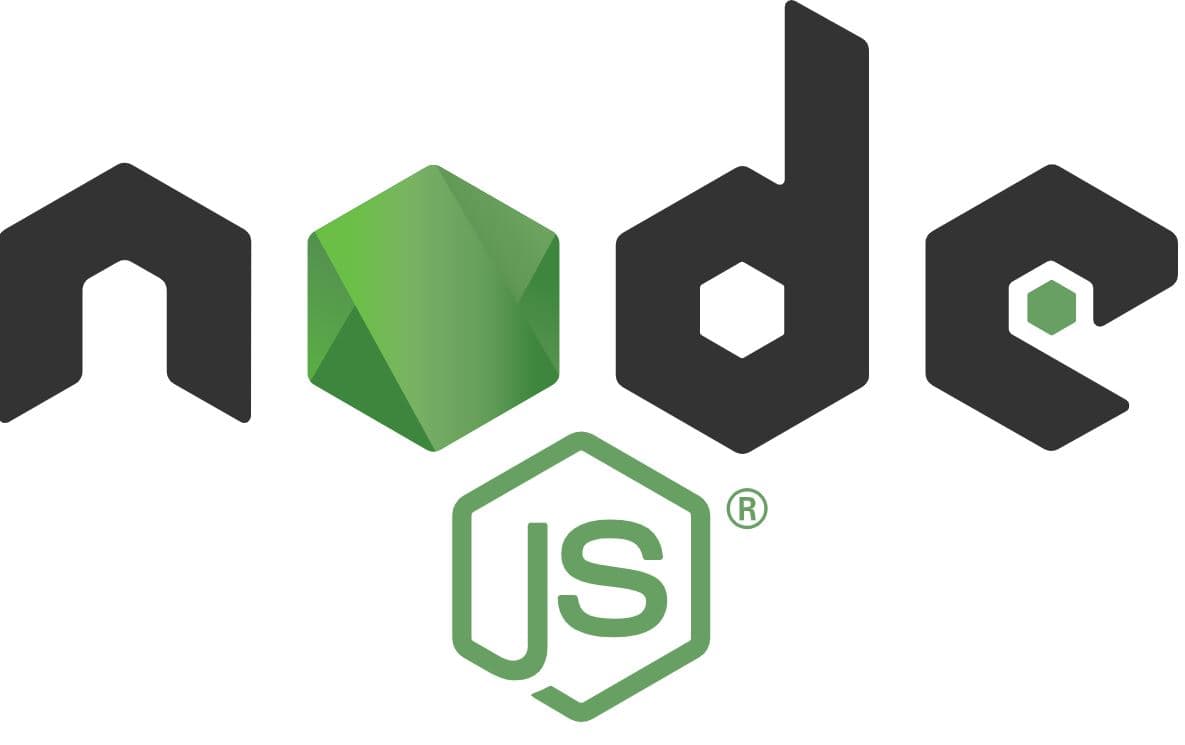Must-have libraries for web applications in Node.js


Node.js is a runtime environment that lets you run javascript server-side. It lets you create web applications with the same language (Javascript) for the front-end and the back-end. However, there are a lot of tedious tasks that developers run into for the back-end. Node.js has a ton of libraries, or modules, that can make development much easier.
In this article, I will cover some widely known libraries that can be used for developing web applications, and how you can benefit from them.
Express
You might have already expected this well-known module. Express is the most popular web framework in Node.js and provides a lot of features for:
- Websites. Creating a website and serving public/static files has never been easier.
- APIs. Creating a simple and fast API, with a middleware system for things like body parsing, authentication, and additional logging.
- Templates. View engines allow for dynamically rendered HTML.
Multer
Ever been interested in a web application which lets users upload files to a server? Multer is a middleware module which makes it easy to upload files through multipart form data. It allows for:
- Managing storage. Multer makes it very easy to manage the destination and encoding of an uploaded file. It also allows for uploading multiple files.
- File validation. Easily specify file size/quantity limits in the middleware.
- Easily integrate with Express. Multer easily integrates with Express.
Dotenv
Securing environment variables in an application is very important, as they cannot be exposed to anyone through a served web page or an API route. Dotenv allows developers to segregate API keys and secrets from their main codebase, into a .env file. It is also a zero-dependency module, meaning it does not rely on any other module being installed.
CORS
Ever run into a headache-inducing Cross-Origin Resource Sharing error when making a fetch request in the browser? Worry no more. Cors is a module which allows you to specify the origins that should be handled by the server correctly. This is useful for when you have an API on another server, or you want other developers to access your API.
Browsers block requests that are not on the same origin and ones where the server does not respond with cors headers - This module takes care of that by allowing Cross-Origin Resource Sharing with specific or all origins.
Socket.io
If you’ve ever been interested in a web application with live notifications or instant messaging between users, look no more. Socket.io is a library that allows for communication between the server and web clients. Some of the benefits of this library include:
- Event-driven architecture. Similar to Node.js, socket.io uses an event-driven architecture which allows for developers to manage different types of events, such as when a person connects or disconnects to the server socket.
- Real-time communication. Real-time communication allows for browser clients to receive instant updates whenever they happen. No need for constant polling through regular HTTP requests.
- Rooms. Socket.io has support for “rooms”, i.e. live group chats.
Mongoose
MongoDB is a popular database among developers as it provides high performance, simplicity and flexibility. However, it can still benefit from Mongoose, which is a tool that allows creating Schemas for MongoDB documents. For example, a Schema allows you to specify the types of fields, default values, and validation rules.
Moment
Dates in javascript can be a pain to manipulate, parse, or format manually. Benefits include:
- Date parsing. Moment makes it easy to parse strings into date objects.
- Date formatting. Moment allows you to format dates however you prefer.
- Date differences. Ever wanted to make a timer but don’t want to calculate days, hours, minutes, and seconds manually? Suffer no more.
Conclusion
Overall, Node.js modules make it easy to skip the tedious code you would have to write without them. There are many more useful libraries, most of which cannot be listed in just an article.
It really depends on the needs of the web application you’re looking to create, so get out there and start creating!